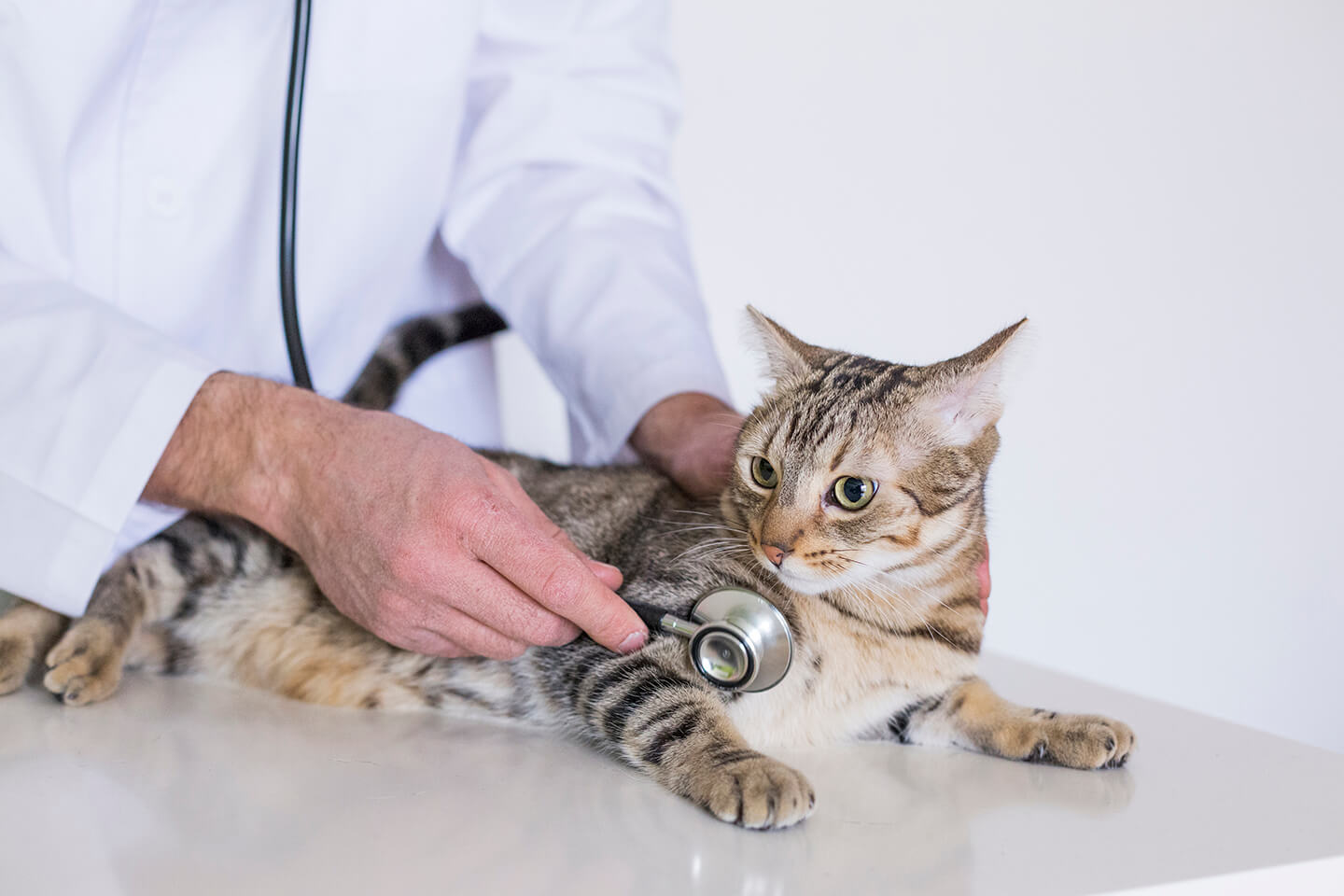
- by Dr.Thilo Senst
Cat Kidney Disease Care: Essential Tips for Your Feline
- by Dr.Thilo Senst
Kidney disease is one of the most common health issues in older cats, affecting their ability to filter toxins, balance fluids, and regulate blood pressure. Caring for a cat with kidney disease requires understanding the condition, recognising symptoms early, and implementing an effective care routine. With proper management, cats with kidney disease can still lead fulfilling lives.
According to Cats Protection UK, 1 in 3 cats over the age of 10 develops kidney disease, making it a critical issue for cat owners to address.
Kidney disease occurs when the kidneys lose their ability to effectively filter waste from the blood. This condition is often chronic and progressive, meaning it develops over time and requires long-term care.
Increased Thirst and Urination
Excessive drinking and frequent urination are early signs of kidney dysfunction.
Weight Loss and Poor Appetite
Cats with kidney disease often lose weight due to reduced appetite.
Vomiting and Nausea
The buildup of toxins in the bloodstream can cause gastrointestinal issues.
Lethargy and Weakness
Kidney disease often leaves cats feeling fatigued and less active.
| Symptom | Indication |
|---|---|
| Increased thirst | Early sign of CKD |
| Poor coat condition | Lack of nutrients |
| Vomiting | Toxin buildup in the bloodstream |
| Lethargy | Dehydration and anaemia |
If you suspect your cat may have kidney disease, consult your vet. Diagnosis typically involves:
Diet is a cornerstone of managing cat kidney disease.
Phosphorus restriction slows disease progression and reduces the risk of further kidney damage.
Provide protein that’s easy to digest, as poor-quality protein can exacerbate toxin buildup.
Specialised kidney-friendly cat food like Royal Canin Renal Diet is widely recommended by vets.
Cats with kidney disease are prone to dehydration due to excessive urination.
Medications can manage symptoms and slow disease progression.
Routine check-ups are essential for tracking disease progression.
Think of your cat’s kidneys as a water filter. When the filter becomes clogged or worn out, it struggles to remove impurities effectively. Proactive care, such as managing diet and hydration, helps maintain the filter’s functionality and prevents a toxic buildup.
No, but it can be managed effectively to improve quality of life.
While not inherently painful, symptoms like dehydration and nausea can cause discomfort.
Yes, though it’s more common in older cats, younger cats can develop it due to toxins or genetic predisposition.
1. Dr. Senst Cat Calming Hemp Oil for Cats
Perfect for reducing stress, which can worsen kidney disease symptoms.
2. Dr. Senst Antiseptic Cat Eye Drops for Infections
Ideal for cats with secondary infections due to compromised immunity.
Proper care and support can make a significant difference in your cat's life. Trust in Dr. Senst products to provide the best for your feline companion.
![]()
Enter your details & download our comprehensive 50+ page printable Dr. Senst Pet Care Planner completley FREE! - keep track of all your pet’s needs, from medical history and training to vet visits, grooming, diet, and more!










Share:
Cat Probiotics: Key to Your Cat's Digestive Health
Best Dog Shampoos for Allergies and Itchy Skin